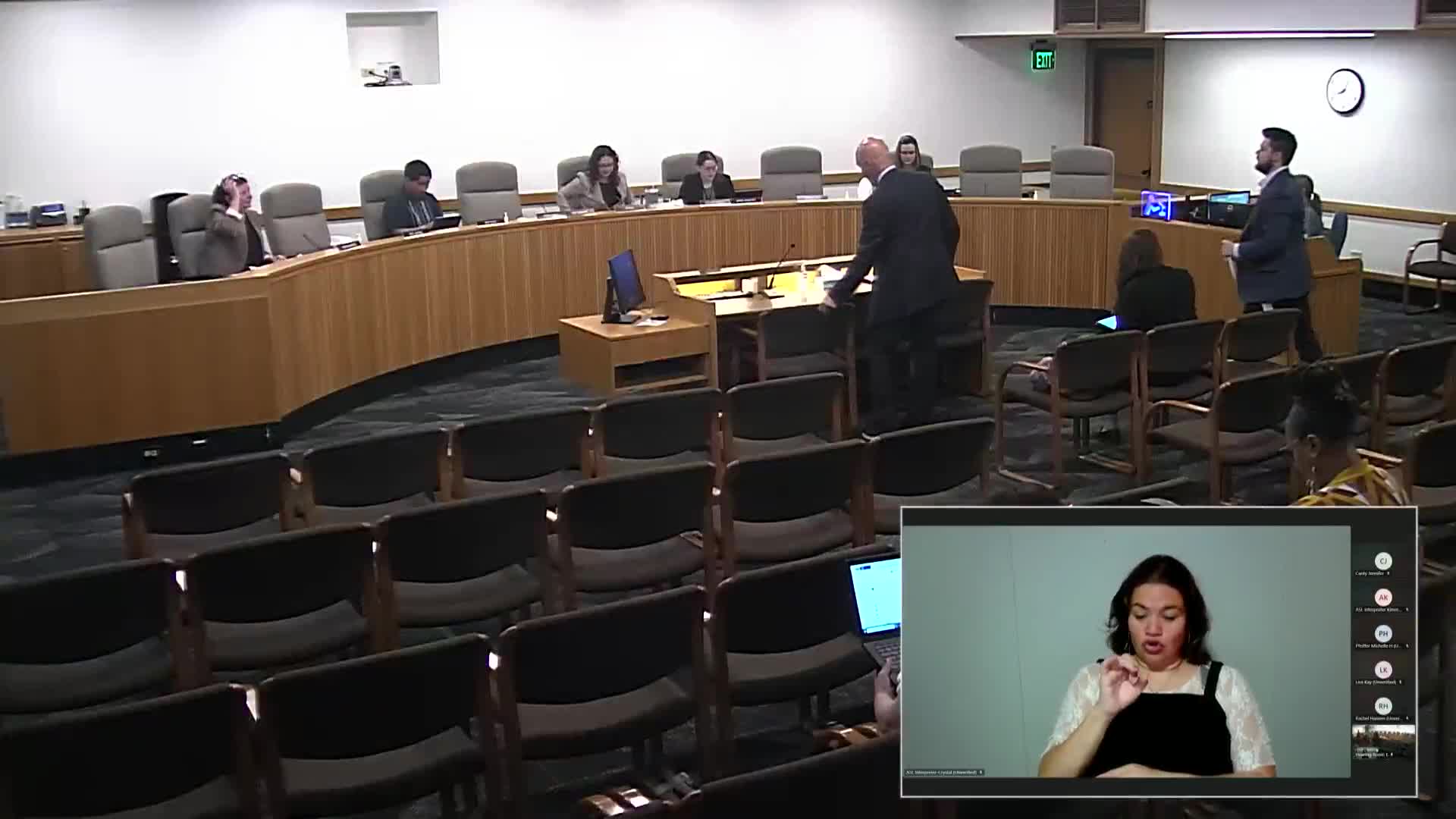Oregon bill would let preschools operate where houses of worship are allowed
Get AI-powered insights, summaries, and transcripts
Subscribe
Summary
Senate Bill 1099 would require cities and counties to treat preschools as an outright permitted use on land zoned for places of worship; sponsors say it adds 4‑ and 5‑year‑olds to existing daycare allowances and includes an emergency clause.
Senate Bill 1099 would require cities and counties to allow preschools on property zoned for places of worship, a sponsor told the House Committee on Early Childhood and Human Services on May 1. The bill’s sponsor said the measure adds 4‑ and 5‑year‑olds to a current land‑use allowance that already permits daycare serving infants through age 3.
Supporters told the committee the bill is intended to use underused weekday space in churches—Sunday school rooms and similar classrooms—to expand local preschool capacity. State Senator Starr, the bill’s sponsor, said the bill “expands that to include preschools” and that it passed the Senate unanimously. He also presented a dash‑2 amendment that declares an emergency and would make the measure effective on passage.
The measure does not change health and safety licensing for preschools. When Representative Walters asked whether licensed preschools would still receive inspections, Senator Starr responded that “this does nothing as it relates to the health and safety issues as it relates to preschool” and that licensed preschools “will still have to go through that rigorous inspection, health and safety inspections.”
Testimony delivered by Michael Towne on behalf of Senator Anderson reiterated sponsors’ arguments that churches often have available space and that the bill would cut “red tape” so communities can expand childcare options. Committee members asked whether preschools established on church property would be faith‑based; the sponsor said arrangements would depend on local choices and leasing arrangements between churches and providers.
Senate Bill 1099 includes a fiscal note of minimal impact and the sponsor said there was no recorded opposition in the Senate. The committee opened and then closed the public hearing on the bill the same day; no committee vote on the bill was recorded in the transcript.
The bill is framed as a zoning change—not a licensing change—and sponsors said emergency status would provide relief to churches already engaged in disputes over whether they must pursue local land‑use proceedings.
